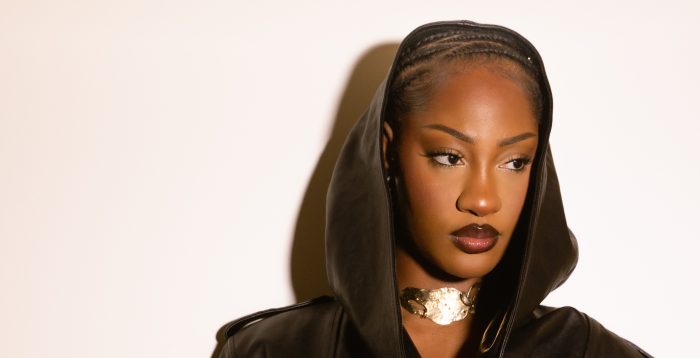“Día de los Muertos,” or the Day of the Dead, is a vibrant and culturally rich Mexican tradition that often gets associated with Halloween.
[ad]
While these two celebrations occur around the same time, they are distinctly different in their origins, customs, and meanings. Now let us explore the unique characteristics of Día de los Muertos and clarify why it is not Halloween in the Mexican tradition.
A Celebration of Life and Death: Día de los Muertos is a deeply rooted Mexican holiday that honours and celebrates deceased loved ones. It is a time for families to come together to remember those who have passed away, but it is not about fear or spookiness. Halloween, on the other hand, is often characterized by costumes, scary decorations, and a focus on the supernatural.
Indigenous Origins: Día de los Muertos can be traced back to indigenous Mesoamerican cultures, particularly the Aztecs, who celebrated a month-long festival dedicated to the Lady of the Dead, Mictecacihuatl. The holiday was later adapted to incorporate Catholicism after the Spanish conquest. Halloween, on the contrary, has Celtic roots and is influenced by the ancient festival of Samhain, where it was believed that the boundary between the living and the dead blurred.
Different Dates and Durations: Día de los Muertos is celebrated on November 1st and 2nd, aligning with the Catholic holidays of All Saints’ Day and All Souls’ Day. Halloween, in contrast, is celebrated on October 31st, the eve of All Saints’ Day. Día de los Muertos typically lasts for two days, while Halloween is a single-day celebration.
Symbolism and Traditions: Día de los Muertos is characterized by its colourful ofrendas (altars) adorned with marigold flowers, sugar skulls, the deceased’s favourite foods, and photographs. Families visit cemeteries to clean and decorate graves, and they believe that the spirits of the departed return to join the living during this time. Halloween features costumes, jack-o’-lanterns, and the practice of trick-or-treating, focusing on playful scares and superstitions.
Different Cultural Significance: Día de los Muertos holds deep cultural significance in Mexico, emphasizing the importance of family, heritage, and remembrance. It is a time to honour ancestors and celebrate the cycle of life and death. Halloween, while a fun and popular holiday in many parts of the world, does not carry the same cultural weight as Día de los Muertos does in Mexico.
While Día de los Muertos and Halloween share proximity on the calendar, it is crucial to understand and respect the distinctions between these two celebrations. Día de los Muertos is a beautiful Mexican tradition that embodies the values of love, family, and remembrance, focusing on celebrating life and honouring the departed. It is not Halloween, and recognizing this difference is essential to appreciating the cultural richness and diversity of Mexican traditions and all people of the world.
[ad unit=2]








